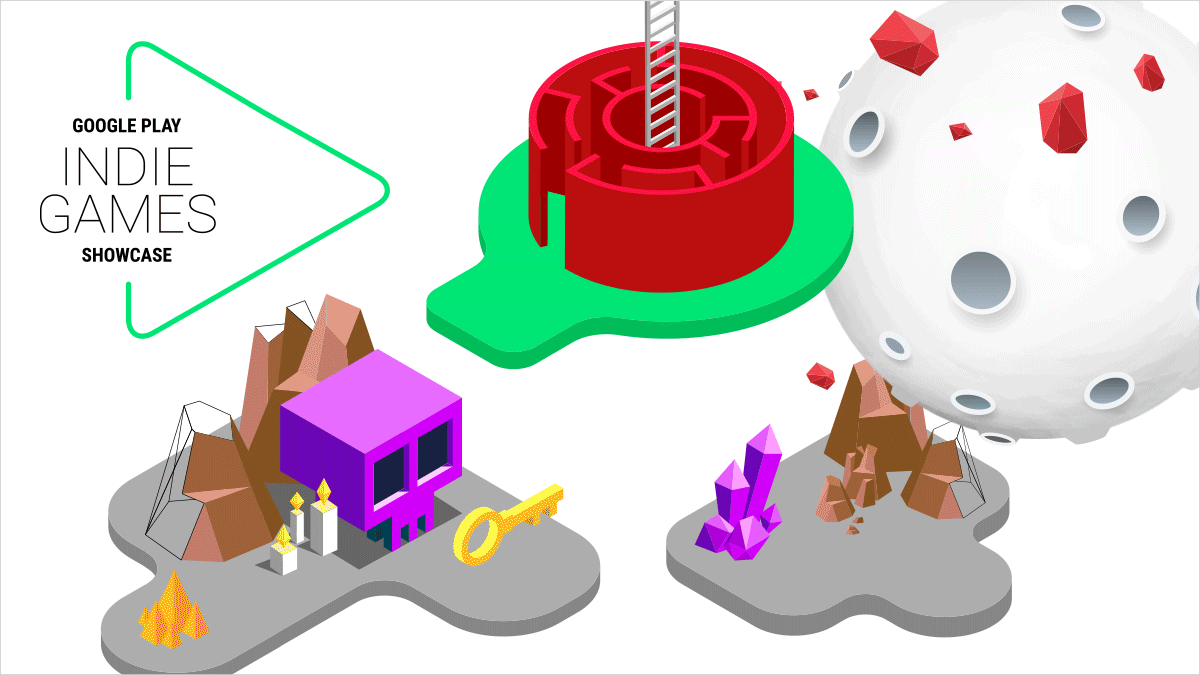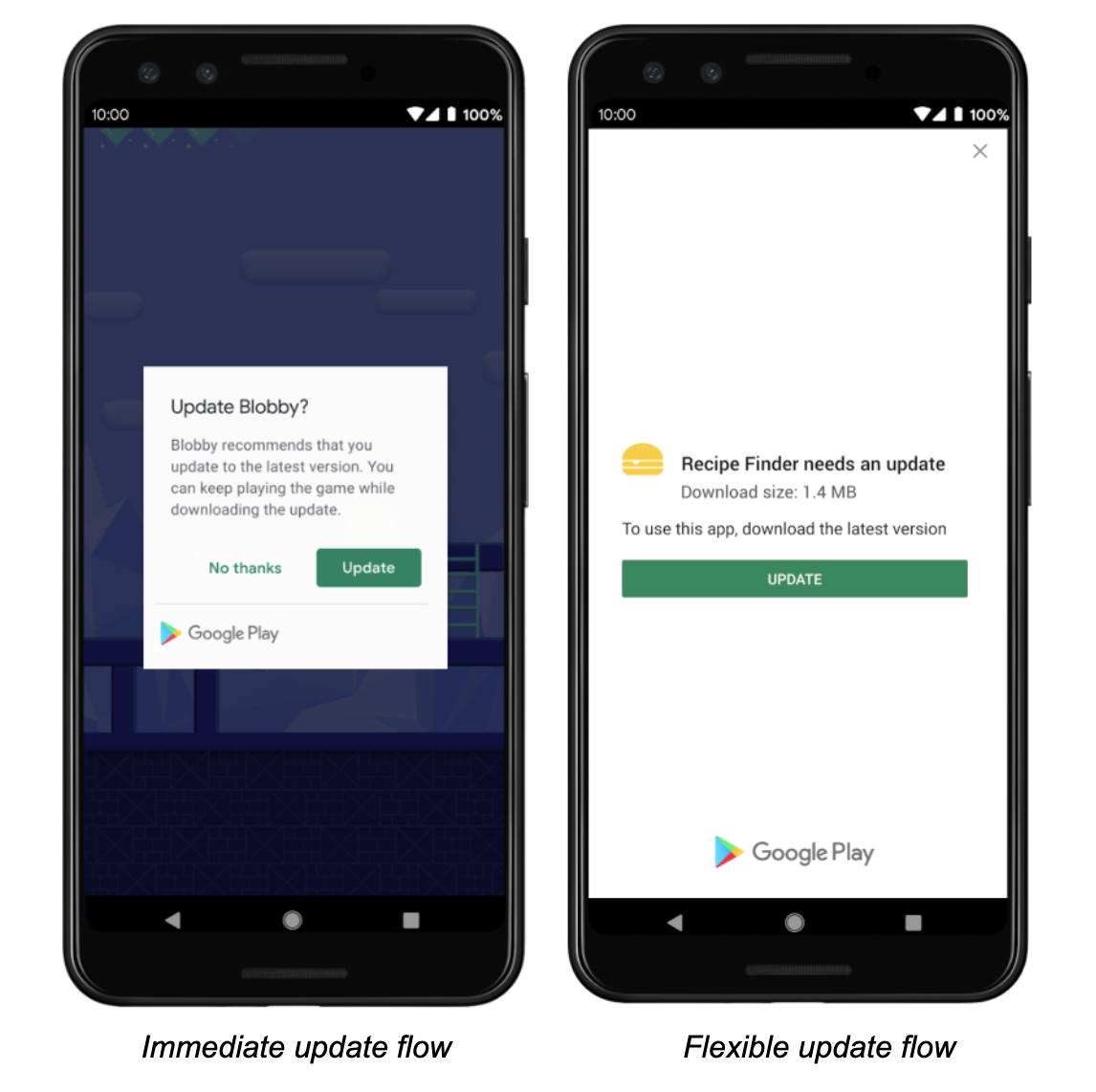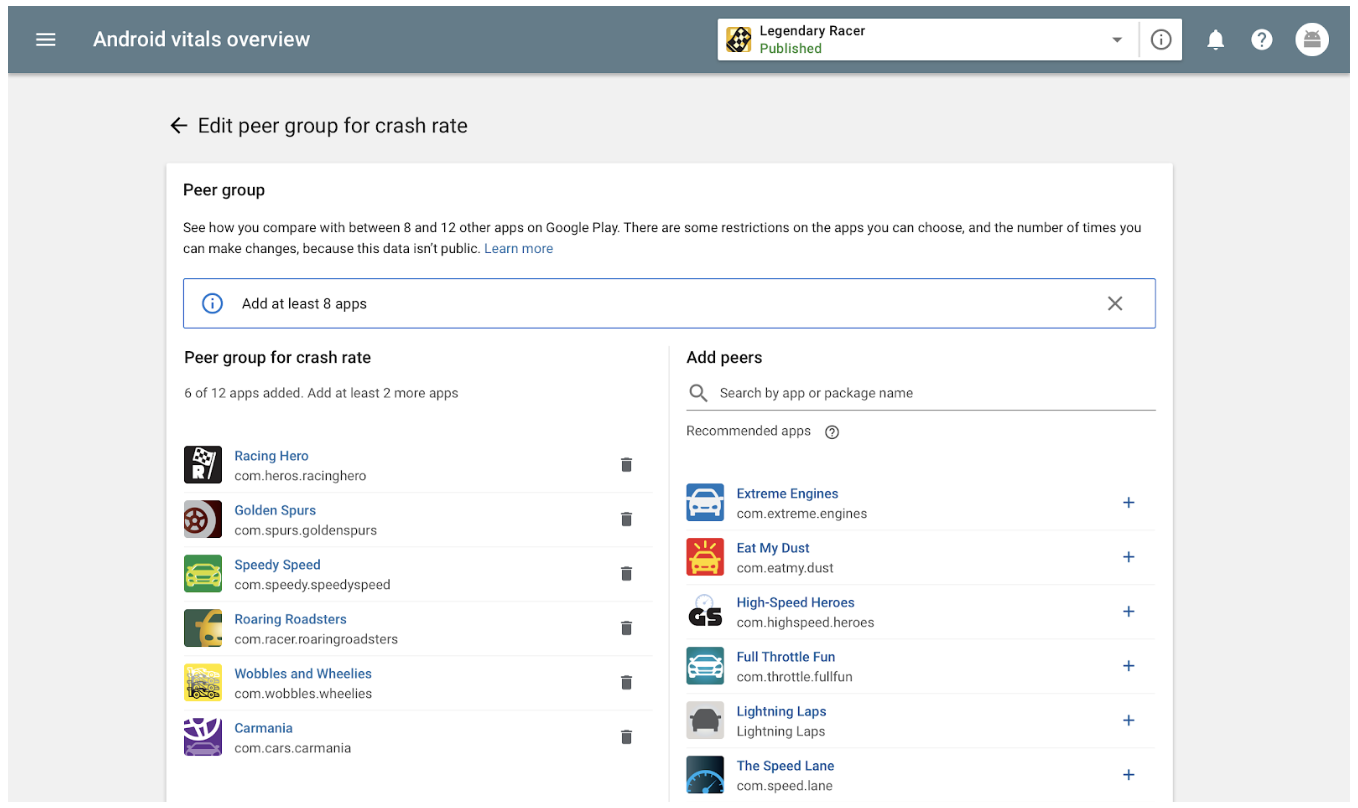Posted by Patricia Correa, Director, Platforms & Ecosystems Developer Marketing

Back in March we opened submissions for the Indie Games Showcase, an international competition for games studios from Europe*, South Korea, and Japan who are constantly pushing the boundaries of storytelling, visual excellence, and creativity in mobile.
We were once again impressed by the diversity and creativity that the indie community is bringing to mobile, and we’re happy to announce the 20 finalists.
Check out the local websites to learn more about the finalists and the events.

Europe

AntVentor by LoopyMood (Ukraine)
CHUCHEL by Amanita Design (Czech Republic)
#DRIVE by Pixel Perfect Dude (Poland)
Fly THIS! By Northplay (Denmark)
Fobia by Tapteek (Russia)
G30 - A Memory Maze by Ivan Kovalov (Russia)
Gold Peaks by Afterburn (Poland)
Grayland by 1DER Entertainment (Slovakia)
Hexologic by MythicOwl (Poland)
Lucid Dream Adventure by Dali Games (Poland)
OCO by SPECTRUM48 (United Kingdom)
Ordia by Loju (United Kingdom)
Peep by Taw (Russia)
Photographs by EightyEight Games (United Kingdom)
Rest in Pieces by Itatake (Sweden)
Returner Zhero by Fantastic, yes (Denmark)
see/saw by Kamibox (Germany)
STAP by Overhead Game Studio (United Kingdom)
Tesla vs. Lovecraft by 10tons (Finland)
Tiny Room Stories: Town Mystery by Kiary games (Russia)

Japan

ALTER EGO by 株式会社カラメルカラム
Infection - 感染 - by CanvasSoft
Jumpion - Make a two-step jump ! by Comgate
Lunch Time Fish by SoftFunk HULABREAKS
MeltLand by 個人
ReversEstory by 個人
キグルミキノコ Q-bit -第一章- by 個人
SumoRoll - Road to the Yokozuna by Studio Kingmo
Escape Game: The Little Prince by 株式会社 Jammsworks
Kamiori - カミオリ by TeamOrigami
Bear's Restaurant by 個人
クマムシさん惑星 ミクロの地球最強伝説 by Ars Edutainment
ゴリラ!ゴリラ!ゴリラ!by Gang Gorilla Games
Girl x Sun - Terasene - Tower defence & Novel game by SleepingMuseum
タシテケス by 個人
Destination: Dragons! by GAME GABURI
Cute cat's cake shop by 個人
Persephone by Momo-pi
Hamcorollin' by illuCalab.
Food Truck Pup: Cooking Chef by 合同会社ゲームスタート

South Korea

다크타운 - 온라인 by 초콜릿소프트
Bad 2 Bad: Extinction by Dawinstone
셧더펑 : 슈팅액션 by Take Five Games
Cartoon Craft by Studio NAP
Catch Idle by HalftimeStudio
Hexagon Dungeon by Bleor Games
Hexonia by Togglegear
Mahjong - Magic Fantasy by Aquagamez
Maze Cube by IAMABOY
Road to Valor: World War II by Dreamotion Inc.
Onslot Car by Wondersquad
ROOMS: The Toymaker's Mansion by HandMade Game
Rhythm Star: Music Adventure by Anbsoft
7Days - Decide your story by Buff Studio
Seoul2033: Backer by Banjiha Games
Super Jelly Pop by STARMONSTER
UNLINK Daily Puzzle by Supershock
몬스터파크 온라인 by OVENCODE
WhamBam Warriors by DrukHigh
언노운 나이츠 by teamarex
We will welcome all finalists at events in London, Seoul, and Tokyo, where they will showcase their games to an audience of players, press and industry experts, for a chance to win the top prizes.
The events are open to the public, so if you would like to meet these games developers, try out their creations, and help choose the winners, sign up on the regional websites.
Congratulations to all finalists!
* The competition is open to developers from the following European countries and Israel: Austria, Belgium, Belarus, Czech Republic, Denmark, Finland, France, Germany, Italy, Netherlands, Norway, Poland, Romania, Russia, Slovakia, Spain, Sweden, Ukraine, and the United Kingdom (including Northern Ireland).
How useful did you find this blog post?





























